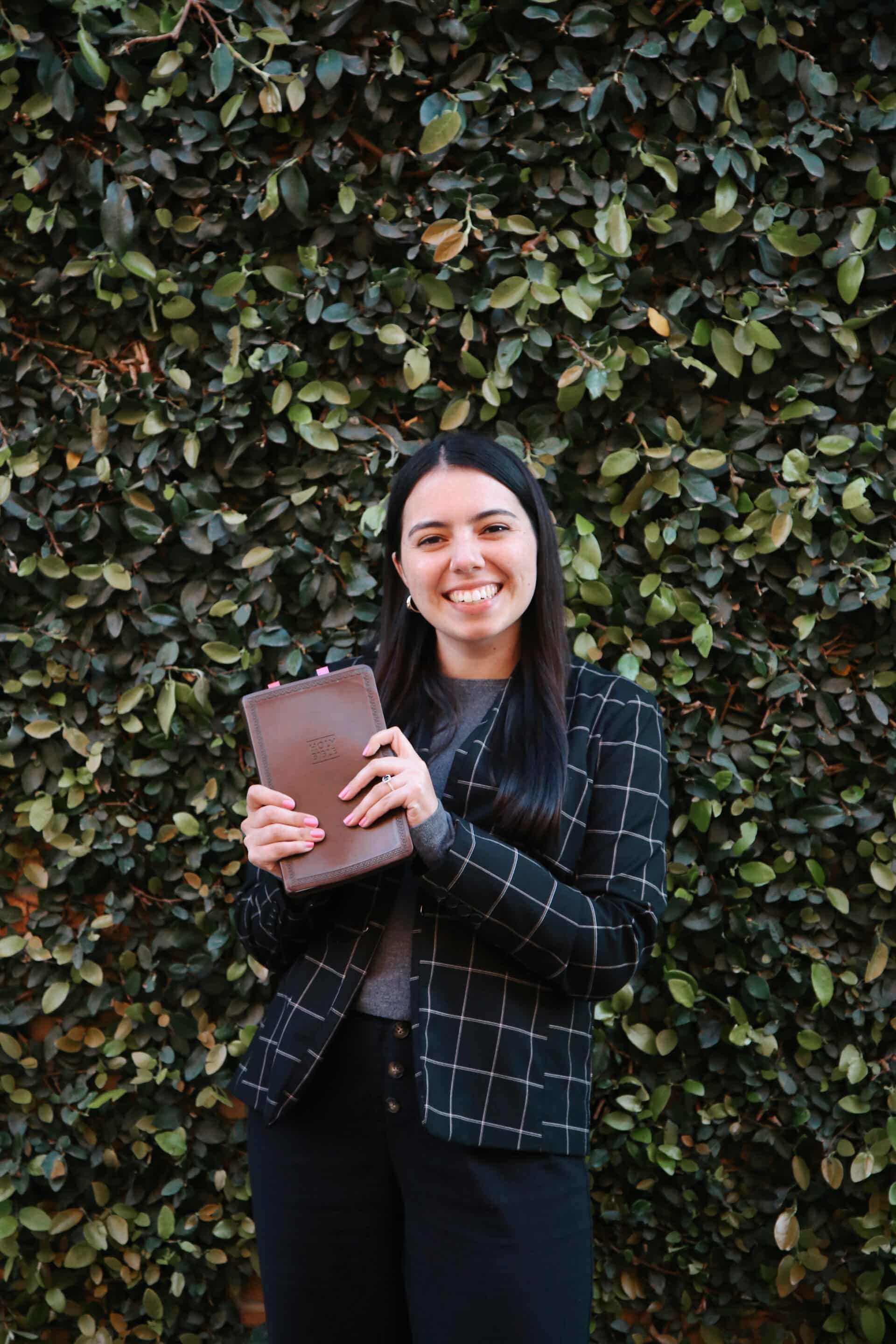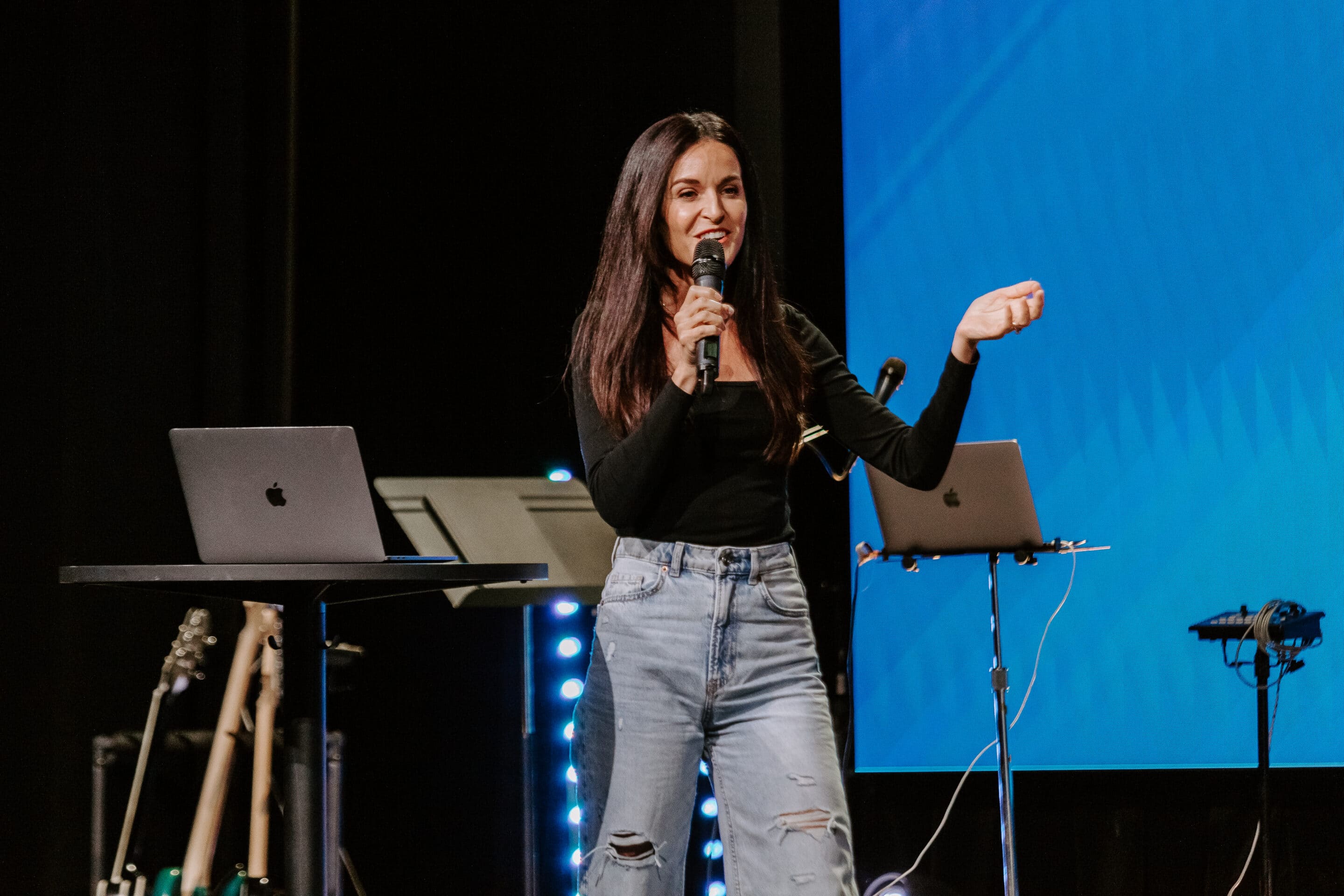Take the Quiz, Earn Your certificate
By participating in this quiz, you have the opportunity to test your understanding of the principles and values that shape the Pentecostal perspective on promoting unity, addressing historical injustices, and engaging in constructive dialogue across diverse racial and religious communities. Successful completion of this quiz will earn you a certificate, recognizing your knowledge and commitment to this important topic.
Ready to test your knowledge? Click to start!
You May also be Interested in
Certificate in Biblical Foundations
A commitment to life-long learning is essential to being an effective ministry leader but sometimes formal education is not possible due to cost and time constraints. LPU is launching a new online certificate program for leaders to receive a high-quality education at an unbeatable price.
B.A. in Biblical Studies
The Bible is central to the Christian life and faith. The world needs Christian leaders who love God, have a deep understanding of scripture, and are able to teach others with truth and power. At Life Pacific University our B.A. in Biblical Studies will provide you with the foundation and principles you need for ministry.
M.A. in Theological Studies
The Master of Arts in Theological Studies (MATS) has a unique focus is to integrate effective educational tools with rigorous study of the Bible and theology from a Pentecostal perspective. This is accomplished through learning skills and content intentionally designed to guide students through exploring his or her divine purpose in Christ.
Master of Divinity
The Master of Divinity is LPU’s professional degree for pastoral ministry and chaplaincy. This degree offers the acquisition and integration of knowledge and skills in the areas of biblical studies, theology, spiritual development, intercultural awareness, and practical ministry for the purpose of relevant application in ministry settings.











